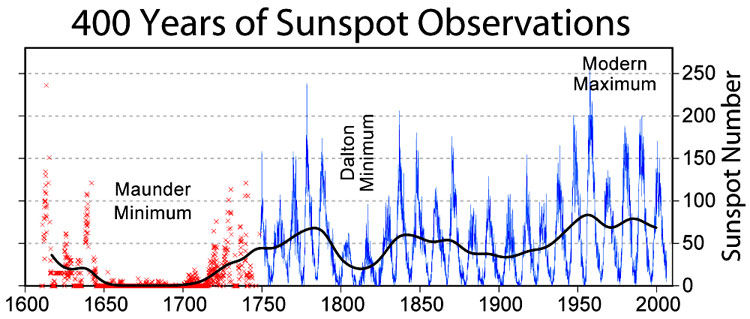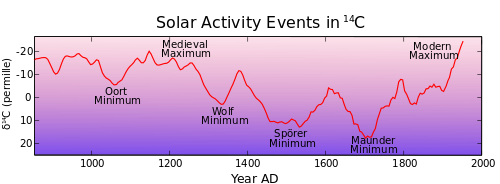Facial
Valued Senior Member
Some suggest that there are many feedbacks which would cause a runaway global warming. I myself pondered what the possibility there could be for earth to 'bifurcate' into what Billy T calls a "hot, stable state." On the other hand, other scientists suggest otherwise:
http://pubs.giss.nasa.gov/abs/ru00200g.html
http://www.columbia.edu/~jeh1/mailings/2013/20130415_Exaggerations.pdf
I do tend to believe that because the sun progressively becomes hotter over millions and billions of years, the tendency for a thermal runaway is inevitable but only on the long-term time scales. The oceans, after all, do contain about 700 times the mass of the atmosphere and the absorption by water vapor looks broad across the IR spectrum, making arguably more powerful than CO2 itself as a pure gaseous phase. Thus it is tempting to deduce that earth must have a runaway greenhouse coming up in the future with uncontrolled burning of fossil fuels and carbonate rocks, but I keep reading otherwise in the professional literature.
I would like this thread to universally link to other posts in other threads with more, err, grim prospects on the planet's future, because I know some key players (iceaura, Billy T, etc.) have already elucidated this. I'm a senior member here too, but I've been only looking occasionally on SF and the search engine sucks...
http://pubs.giss.nasa.gov/abs/ru00200g.html
http://www.columbia.edu/~jeh1/mailings/2013/20130415_Exaggerations.pdf
I do tend to believe that because the sun progressively becomes hotter over millions and billions of years, the tendency for a thermal runaway is inevitable but only on the long-term time scales. The oceans, after all, do contain about 700 times the mass of the atmosphere and the absorption by water vapor looks broad across the IR spectrum, making arguably more powerful than CO2 itself as a pure gaseous phase. Thus it is tempting to deduce that earth must have a runaway greenhouse coming up in the future with uncontrolled burning of fossil fuels and carbonate rocks, but I keep reading otherwise in the professional literature.
I would like this thread to universally link to other posts in other threads with more, err, grim prospects on the planet's future, because I know some key players (iceaura, Billy T, etc.) have already elucidated this. I'm a senior member here too, but I've been only looking occasionally on SF and the search engine sucks...






